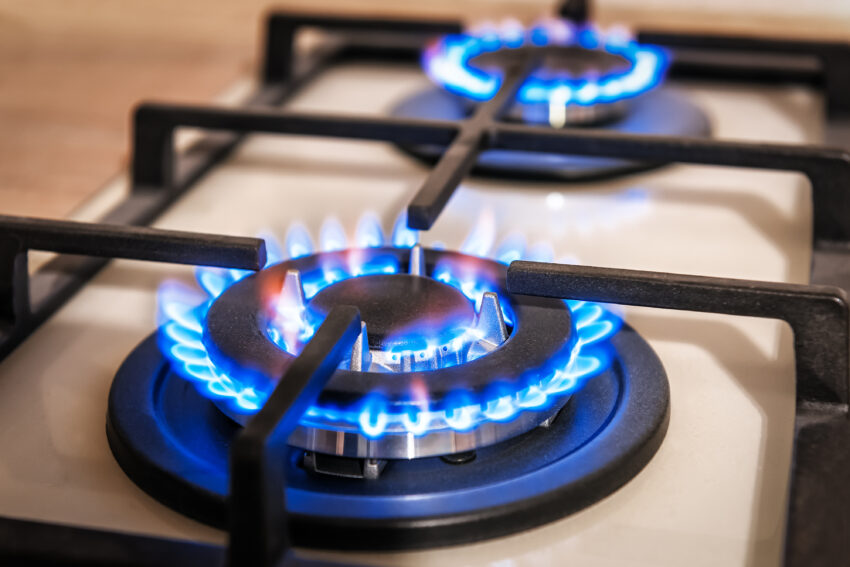VAT on household energy bills will not be cut in the Chancellor’s Budget on Wednesday, despite calls to help families struggling with soaring prices.
Labour has been calling for the rate to be slashed from 5% to zero for the next six months to help households get through a “tough winter”.
But Whitehall sources have told the BBC such a move would be poorly targeted.
They say lower income households can be better helped through other schemes.
Rising energy bills have been causing alarm to families and political leaders amid warnings from the energy regulator, Ofgem, of more “significant rises” next spring.
Rising prices
The cap on prices, which went up earlier this month for households in England, Scotland and Wales, is due to be reviewed again next April, with the expectation that it will climb further.
When the price cap was increased on 1 October, about 15 million households faced a 12% rise in energy bills.
Those on standard tariffs, with typical household levels of energy use, saw an increase of £139 – from £1,138 to £1,277 a year.
Prepayment meter customers with average energy use saw a £153 increase.
Even if wholesale gas prices were to drop significantly from now, the extra costs that suppliers have had to shoulder in the last couple of months means a steep rise in household bills in April is inevitable.
‘Tough winter’
Shadow chancellor Rachel Reeves, who was speaking on the BBC’s Andrew Marr Show last Sunday, said many households were facing a “tough winter”.
She said: “When we pay our gas and electricity bills, 5% of that money goes automatically to the taxman.
“There’s something very simple the government could do. It would be immediate and it would be felt automatically on people’s bills next month – and that is to cut that rate of VAT from 5% to 0%.”
She said VAT receipts had come in more than £2bn higher than forecast because of rising prices, giving the chancellor some wriggle room to act.
The charity, National Energy Action, which campaigns to combat fuel poverty, said a further 1.2 to 1.5m households could struggle to heat and power their homes next April, on top of the 4m people already estimated to be behind on their bills.
It is calling on the chancellor to help poorer households with Winter Fuel Payments.
Director of policy, Peter Smith, said: “Treasury coffers could be boosted by as much as £100m directly through VAT receipts on rising energy prices.
“Carbon tax revenues have also risen sharply because of the gas crisis, adding an additional £1bn in revenue to the Treasury on top of £4bn already made this calendar year.”
The Treasury said support was offered through existing schemes instead such as “warm home” discounts, cold weather payments and winter fuel allowances.
On Sunday, Chancellor Rishi Sunak, who was also speaking on the Marr programme, said there was “no magic wand” to make the problems disappear.
He said there were several factors contributing to high inflation, such as pressure on global supply chains as economies have reopened after Covid, and soaring energy prices.


